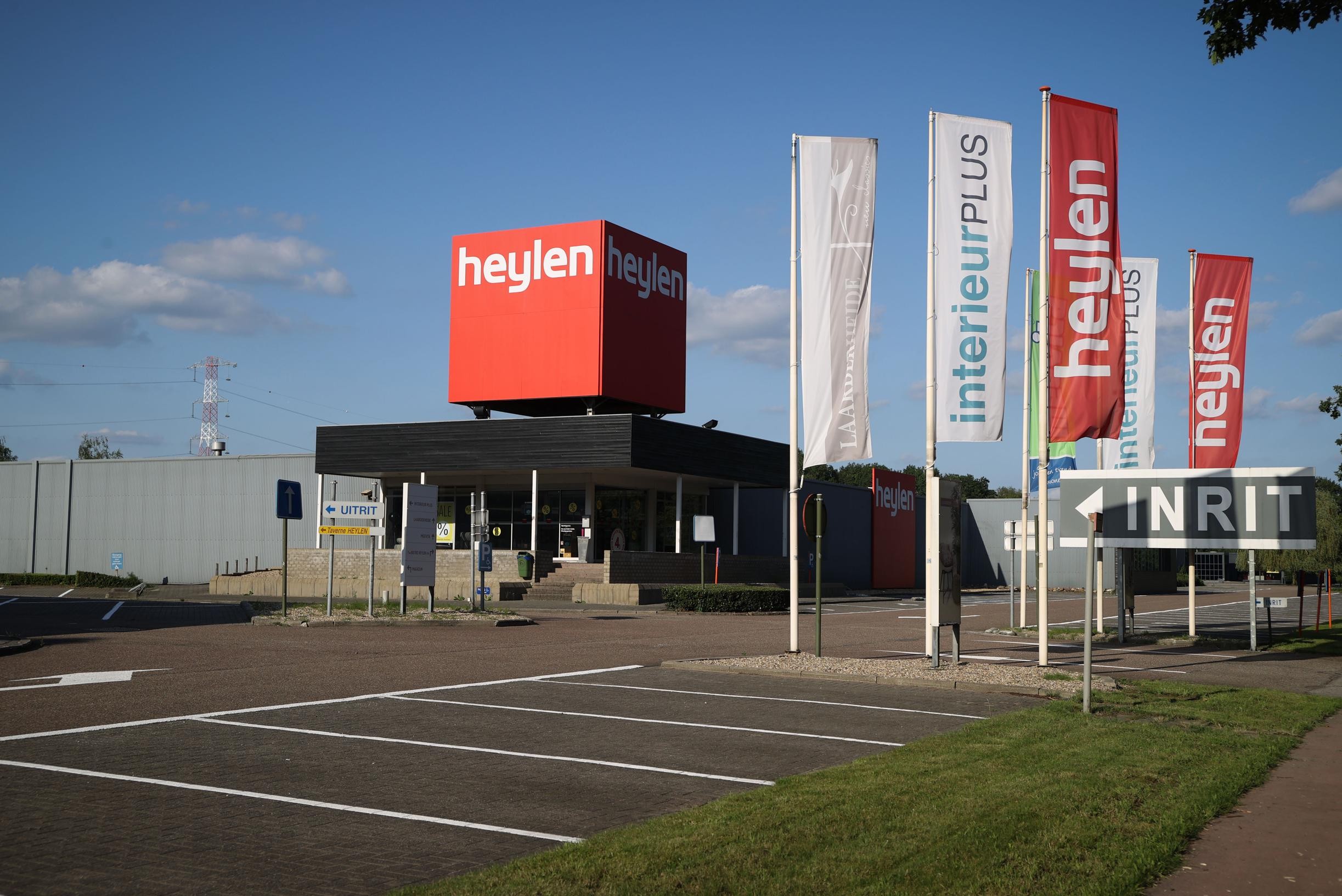As part of the Covid-19 crisis management, the interest of monitoring the circulation of SARS-CoV-2 has been underlined both at the national level (COVID-19 Analysis, Research and Expertise Committee (CARE), National Academy of Medicine ) and international (European Commission, World Health Organization). This surveillance could complement the tools already available, particularly in a context of low viral circulation, to early detection of (re) emergence of the virus in the population.
In France, several research initiatives and projects have seen the light of day in 2020 in the public and private sectors. Thereby, in April 2020, the Epidemiological Observatory of Wastewater (OBEPINE), a group of research teams, was created under the leadership of CARE, with the support of the Ministry of Higher Education, Research and ‘Innovation, and has since benefited from state funding. Other entities are also very active in this field, in the public sector (search teams, fire and rescue services) and the private sector.
The various monitoring projects underway make it possible to establish and refine the expectations of the national system under the guidance of the General Directorate of Health and the Directorate of Water and Biodiversity, both in terms of land coverage and reactivity of the monitoring system and robustness of the data, within the framework of the SUM’EAU project (Microbiological monitoring of wastewater).
168 stations are currently sampled twice a week and constitute a basis for reflection for the dimensioning of a surveillance network for public health purposes. This Obepine study has been funded by the Directorate General of Health since August 2021 and will continue in 2022. Since April 2021, the data produced are and open dates.
In order to strengthen the quality of the surveillance system and include the SARS-CoV-2 indicator in wastewater in the arsenal of tools available to monitor the COVID-19 epidemic, the ANSES hydrology laboratory was appointed reference laboratory on September 2, 2021. Its mission is to ensure the reliability and standardization of data from monitoring, by harmonizing the methods used between the different actors involved. It will also support Public Health France in the development of surveillance plans.
As such, and in response to a request from the Directorate General of Health, Public Health France has developed a virological surveillance protocol of SARS-CoV-2 in wastewater in France for its implementation at the epidemiological level. This contribution offers a framework to facilitate the interpretation and use of data from surveillance of the virus in wastewater in France for public health and crisis management assistance.
–

